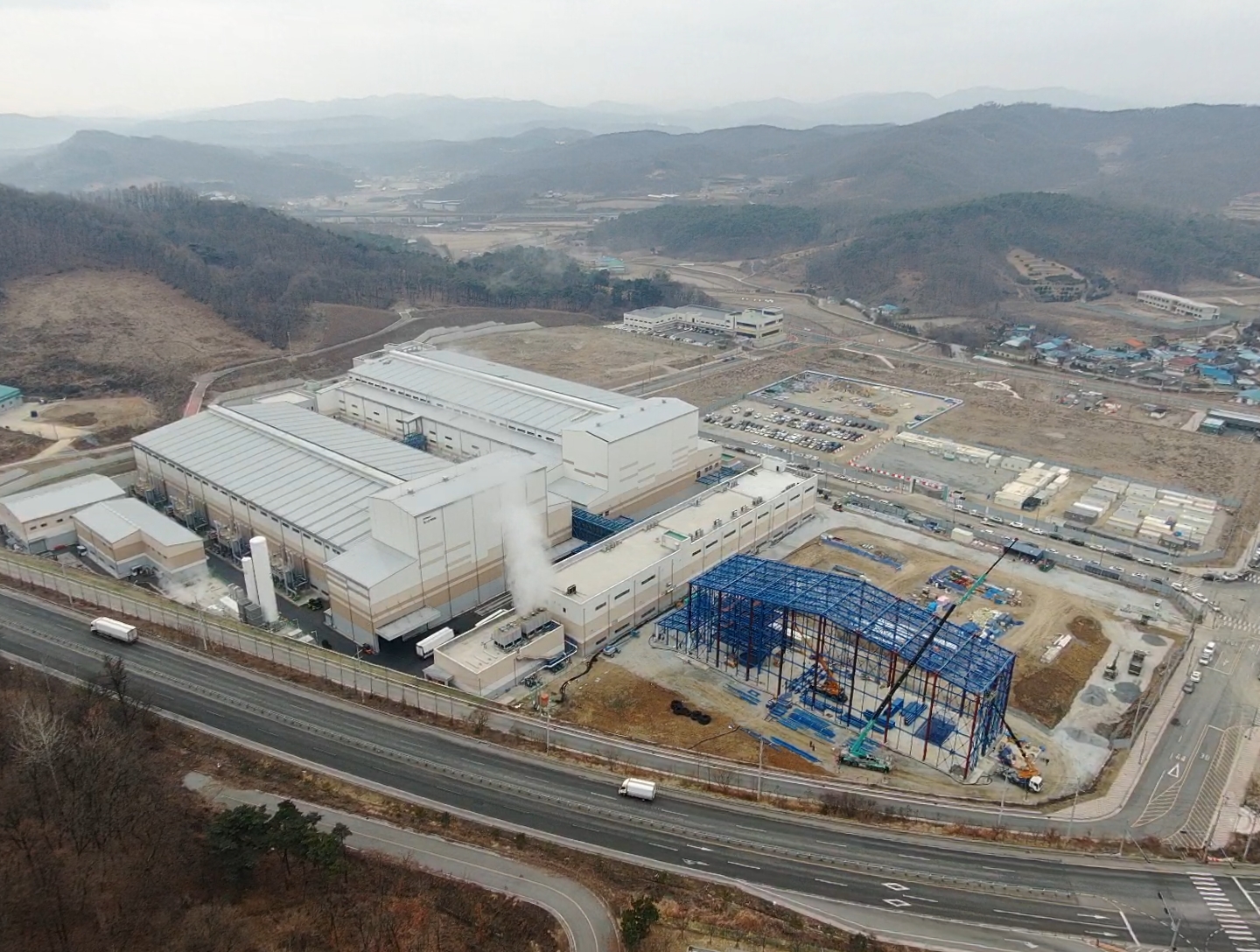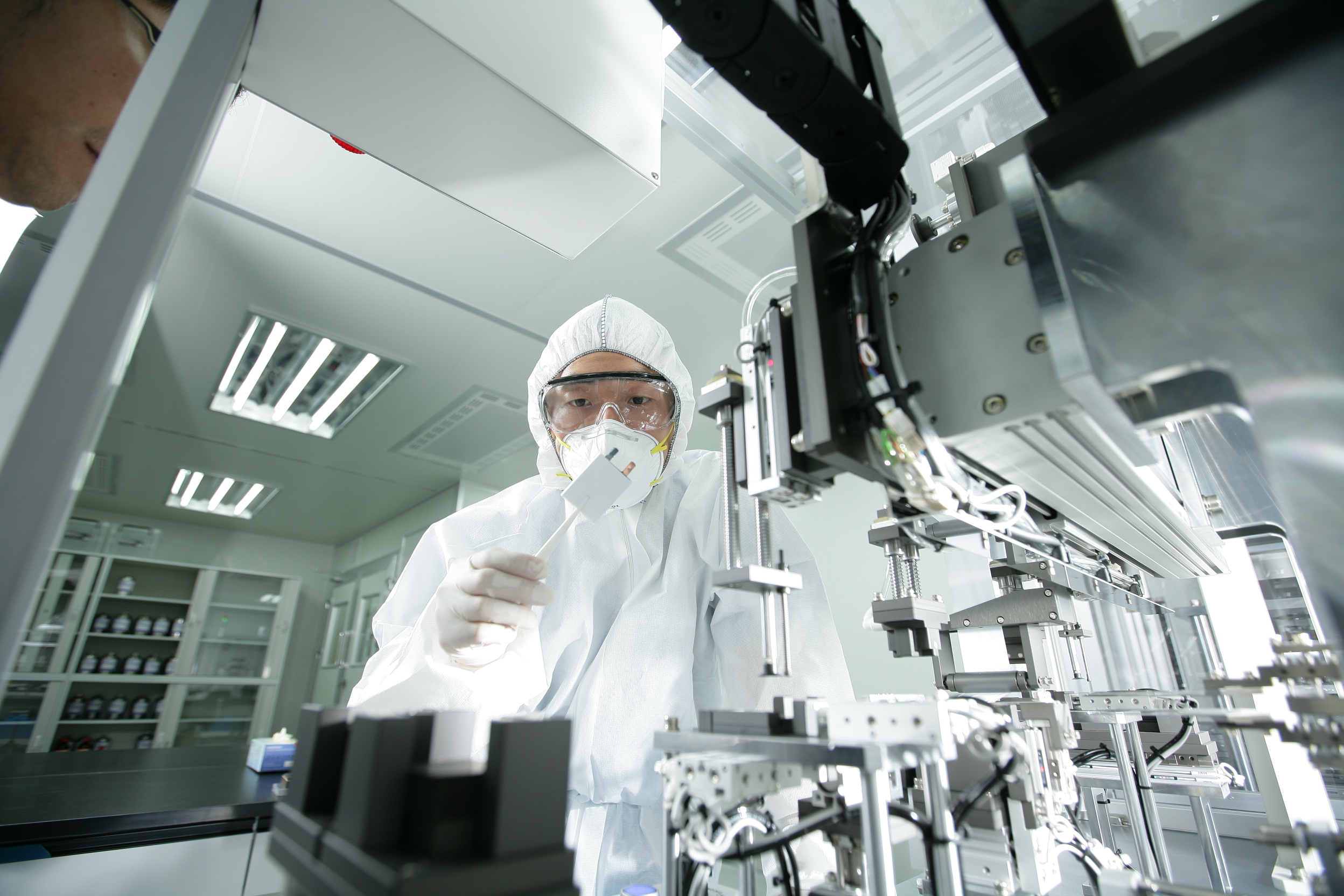POSCO Chemical announced that it will supply Ultium Cells with self-developed anode materials that extend battery life and support fast charging.
POSCO Chemical has reached an agreement with Ultium Cells LLC, a joint battery venture in the US formed by GM and LG Energy Solution, to supply anode materials for electric car batteries in time for production at the venture. This follows the selection of POSCO Chemical in December 2020 as the cathode supplier to Ultium Cells, and according to the agreement, POSCO Chemical will be supplying Ultium Cells with cathode and anode materials, the two most essential materials in batteries.
As an anode material supplier to the US market, POSCO Chemical will increase its global market share, which currently stands at 11% as the fourth largest anode producer in the world, and further strengthen its market position. Ultium Cells will in turn be provided with a stable supply of high-quality battery materials.
The product POSCO Chemical is supplying to Ultium Cells is an independently developed anode material with low-volume expansion, which can significantly increase stability, lifecycle, and charging speed while lowering the price. The anode materials currently used by battery manufacturers are generally divided into natural graphite and artificial graphite, and POSCO Chemical has succeeded in developing materials that have overcome the technical limitations of these two products while leveraging their strength at the same time.
In general, natural graphite anodes have a structure that is shaped like multiple layers of plates, which is great for storing a large amount of energy. However, when you recharge it repeatedly, the original structure is altered due to expansion, thus reducing the lifecycle of the battery. On the other hand, artificial graphite anodes are manufactured at a high temperature, making them highly stable. The isotropic structure in which spherical particles are uniformly arranged makes lithium ions move faster, improving charging efficiency, but increases cost due to the raw materials and processing used.
Accordingly, POSCO Chemical explored ways to develop and mass produce anodes with low-volume expansion by using natural graphite as the raw material to drop cost, while applying an improved process that curbs expansion to secure a fast-charging speed and extended battery life on par with artificial graphite.
POSCO Chemical plans to use these anodes with low-volume expansion to enter the EV battery market in full throttle, an industry that is growing at a tremendous rate. The anode materials are to be produced at Sejong plant, which is currently being expanded in phases, and the company will increase supply to other battery makers in Korea and abroad including Ultium Cells.
With the deal, POSCO Chemical will be becoming a supplier of high-nickel NCMA cathodes as well as anodes with low-expansion to Ultium Cells, one of the major EV battery producers in the US. This means that POSCO Chemical products will be installed in GM’s proprietary EV platform, Ultium, as a core material.
This is a remarkable feat that has been achieved by the POSCO Group after integrating the secondary cell businesses in 2019. The POSCO Group has combined POSCO Chemtech’s anode business and POSCO ESM’s cathode business into POSCO Chemical in a bid to maximize R&D, process technology, and marketing synergy in the cathode and anode businesses, both of which share the same customers.
The group founded the first secondary cell R&D center in the country, where researchers and infrastructure within the Research Institute of Industrial Science & Technology (RIST) and POSCO Chemical gather to secure competitiveness by developing next generation materials and process technology.
Chung Dae-hun, General Manager of Energy Material Business at POSCO Chemical said, “This is a meaningful accomplishment that has been made possible by aggressive support backed by R&D, increased mass-production capacity, and investment in raw materials by the POSCO Group. As we have now entered the era of electric vehicles, POSCO Chemical will further solidify our position as a leading global material provider with differentiated competitiveness.”
POSCO Chemical will continue R&D for next generation materials and establish the value chain in connection with the securing of raw materials, such as lithium, nickel, and graphite, which the POSCO Group is pushing ahead with, while expanding capacity to mass produce cathode and anode materials. By 2030, the company aims to establish a system capable of producing 400,000 tons of cathodes, 260,000 tons of anodes and reach 20% in global market share and 23 trillion won in annual sales in the rechargeable battery sector.
Ultium Cells is a joint EV battery cell venture that was established by GM and LG Energy Solution with a 50:50 stake in 2019. The company said that it will invest a total of 2.7 trillion won in phases to acquire over 30 Gwh of production capacity. The company is building a factory in Rose Town, Ohio, US, and the battery cells manufactured there are installed in the various EV models produced by GM.
A view of the Sejong anode production plant by POSCO Chemical: The Sejong anode material plant that will produce the anodes to be supplied to Ultium Cells is under construction in multiple stages. POSCO Chemical will expand the current anode production capacity of 44,000 tons to 121,000 tons by 2023 and 260,000 tons by 2030.
An anode production line at Sejong plant, POSCO Chemical: A view of the production line manufacturing products
Secondary Cell R&D Center, POSCO Chemical: Researchers at the R&D Center are testing battery cells where products are applied.


